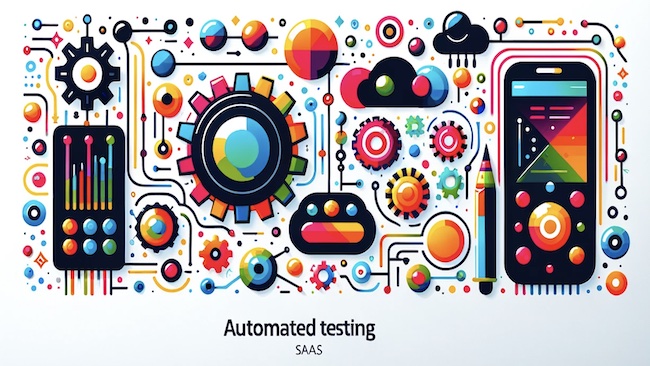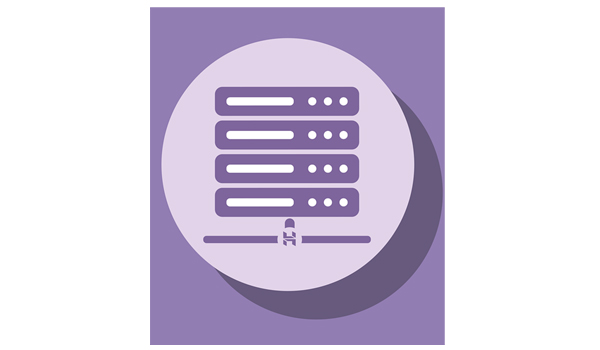Find Best Performance Testing Software for Your Business
We help you find the right Performance Testing Software for your business.

Performance Testing Software
Explore best Performance Testing Software for your business.
Performance testing software
Performance testing software helps identify and address performance bottlenecks and potential issues. It helps assess and evaluate the performance, speed, scalability, and reliability of software applications, websites, and systems.
Features of performance testing software
- Load Testing: Simulate expected user loads for performance assessment.
- Stress Testing: Evaluate system resilience under extreme loads.
- Scalability Testing: Assess handling of increased workloads with resource scaling.
- Concurrency Testing: Measure performance during simultaneous user access.
- Throughput Testing: Determine transaction capacity in a specified time frame.
- Response Time Analysis: Analyze user interaction response times.
- Latency Measurement: Identify network and server delays for bottleneck detection.
- Resource Monitoring: Track CPU, memory, disk, and network usage.
- Virtual User Simulation: Replicate real-world user behaviors for testing.
- Scripting and Recording: Record and script user interactions.
- Parameterization: Vary input data for diverse test scenarios.
- Ramp-up and Ramp-down: Gradual load increase and decrease for system behavior assessment.
- Distributed Testing: Conduct tests from multiple locations for global performance evaluation.
- Real-Time Reporting: Provide live performance results during testing.
- Regression Testing: Compare current performance to baseline data for changes.
- Error and Exception Handling: Detect and report errors during testing.
- CI Integration: Seamlessly integrate with CI/CD pipelines for automated testing.
- Security Scanning: Identify security vulnerabilities affecting performance.
- Data Analysis: Analyze test results with data visualization tools.
- Cloud-based Testing: Perform scalable tests in cloud environments.
- Geo Load Distribution: Distribute testing across diverse geographic locations.
- Protocol Support: Work with various communication protocols (HTTP, HTTPS, TCP/IP, etc.).
- External Integration: Integrate external systems for realistic interactions.
- Resource Allocation: Manage and allocate resources for test execution.
- Custom Reporting: Generate customized, detailed performance reports.
- Automated Scheduling: Schedule tests for continuous monitoring at specified intervals.
Benefits of performance testing software
- Early Issue Detection: Identify and address performance issues in the early stages of development.
- Optimized Speed: Enhance application speed and responsiveness, improving the user experience.
- Scalability Assurance: Evaluate an application's ability to scale with increasing user loads.
- Resource Efficiency: Optimize resource utilization, reducing operational costs.
- Reliability Verification: Ensure consistent and reliable application performance.
- Security Assessment: Detect vulnerabilities affecting performance and data security.
- Risk Mitigation: Mitigate performance-related risks, minimizing downtime and data breaches.
- Enhanced User Experience: Maintain performance under heavy user loads for user satisfaction.
- Cost Savings: Identify cost-saving opportunities by optimizing resource usage.
- Confident Deployments: Deploy updates to production with performance confidence.
- Early Issue Detection: Detect performance problems early, saving debugging time.
- Load Handling: Enable applications to handle peak workloads.
- Compliance Assurance: Support SLA and regulatory compliance.
- Continuous Improvement: Monitor and optimize performance over time.
- Resource Allocation: Efficiently allocate resources based on performance insights.
- User Retention: Retain users with a positive performance experience.
- Real-world Simulation: Simulate real-world scenarios for realistic performance testing.
- Global Testing: Evaluate global performance by testing from diverse locations.
- Data-Driven Decisions: Make informed performance-related decisions with test data.
- Prevents Outages: Proactively avoid system outages and downtime.
- Competitive Advantage: Stay competitive by delivering high-performance, reliable applications.
- Comprehensive Testing: Assess speed, stability, and scalability for a well-rounded view of performance.
- Faster Deployment: Expedite deployment with performance readiness.
- Customer Satisfaction: Ensure user performance expectations for higher satisfaction.
- Supports Continuous Integration: Integrate performance testing into CI/CD pipelines for efficient testing.
Offering Performance Testing Software?
Customers in the market for Performance Testing Software are actively browsing on SaaSUncovered. Be certain they come across your Performance Testing Software.
Get ListedFrom our blog



